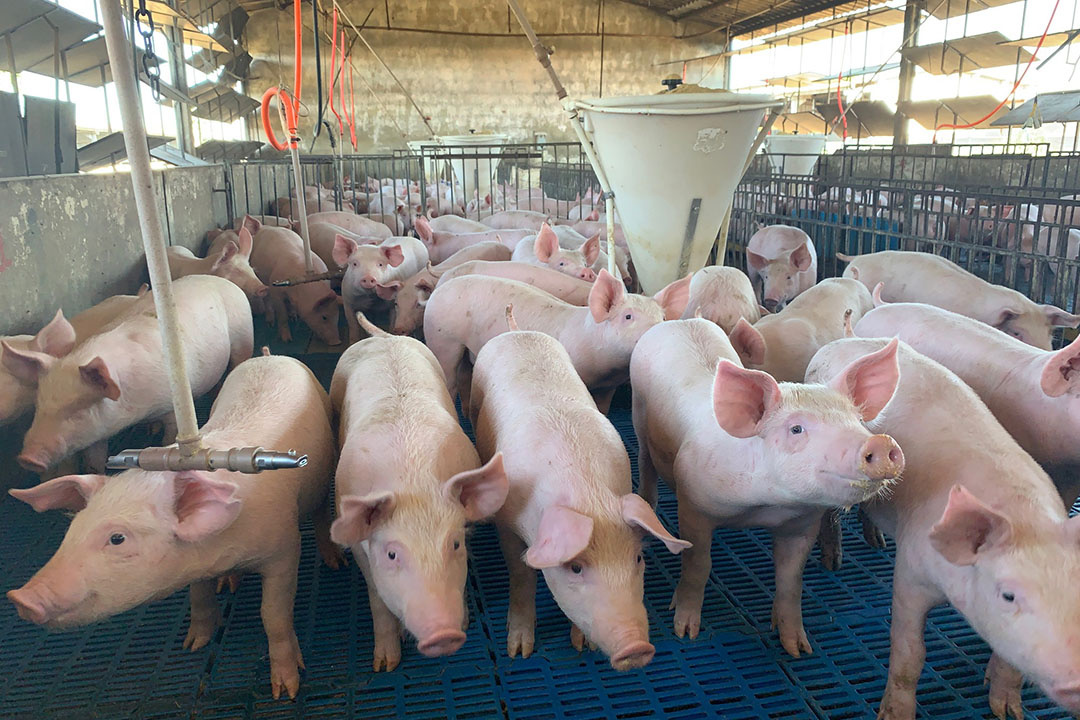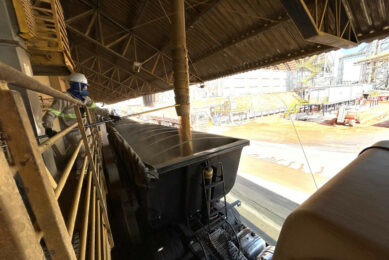Brazil bans 3 growth promoters for pig production

Brazil’s Ministry of Agriculture, Livestock and Supply (MAPA) has prohibited 3 growth promoters, being; tylosin, tiamulin and lincomycin, for use in swine production.
Normative Instruction nº 1 of 2020 banned the usage of these performance enhancing additives definitively.
Reasons for antibiotic ban
The instruction document explained that the main reason for the ban is that those antibiotics are classified as being of great importance for human medicine. Nonetheless, the principles are still allowed for therapeutic purposes.
Aligning with international policies on antibiotics
Charli Ludtke, technical director of the Brazilian Pig Production Association (ABCS) said that the ban fits into a global trend and having done so, Brazil’s pig production is aligned with policies supported by the World Organization for Animal Health (OIE), the UN’s Food and Agriculture Organization (FAO) and the World Health Organization (WHO).

Antibiotic Reduction: Moving away from antibiotics can be challenging and requires a new way of thinking. This special edition explores the latest methods for raising healthy livestock without the use of preventive antibiotics.
We have been providing lot of information to producers, slaughterhouses and feed factories for some years. They understood they can reduce antibiotics and maintain performance.” – Charli Ludtke
Brazil’s pig industry is already prepared
Ludtke stated that she would not expect a huge effect from this measure. She said, “Brazil’s pig sector has already been ready for that rule, so we do not see a huge impact. Our industry has developed several initiatives in order to push farmers to alternatives and to improve on-farm biosecurity.”
Producers and companies will have up to 30 days (until February 21) after the publication to communicate MAPA and inform the number and date of the last batch imported or manufactured, as well as the remaining quantity in stock. Companies will have 90 days (until April 21) for collecting the remaining stocks from their clients.











